Counselling & Student Support
August 20, 2023 2023-09-29 6:14Counselling & Student Support
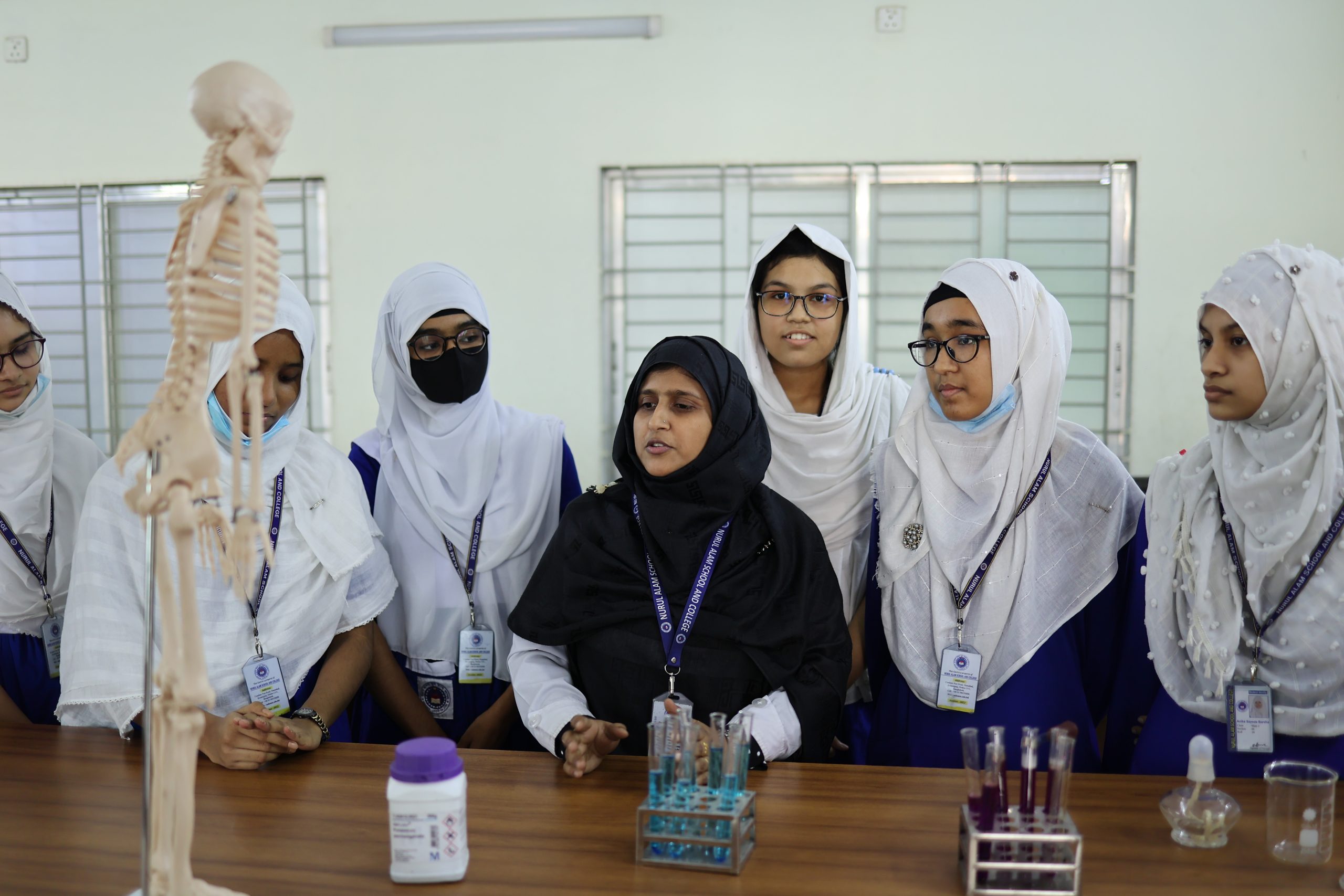
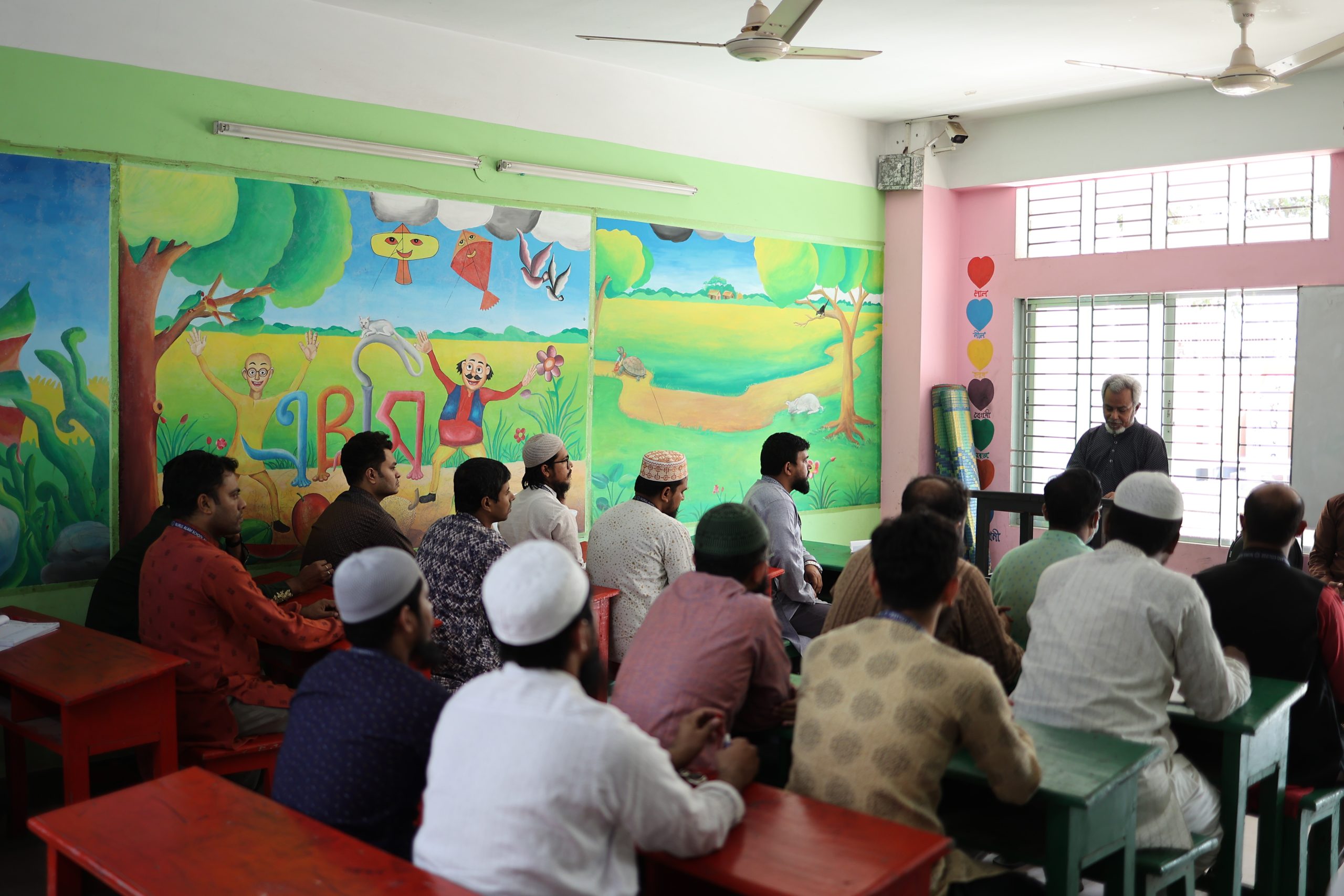
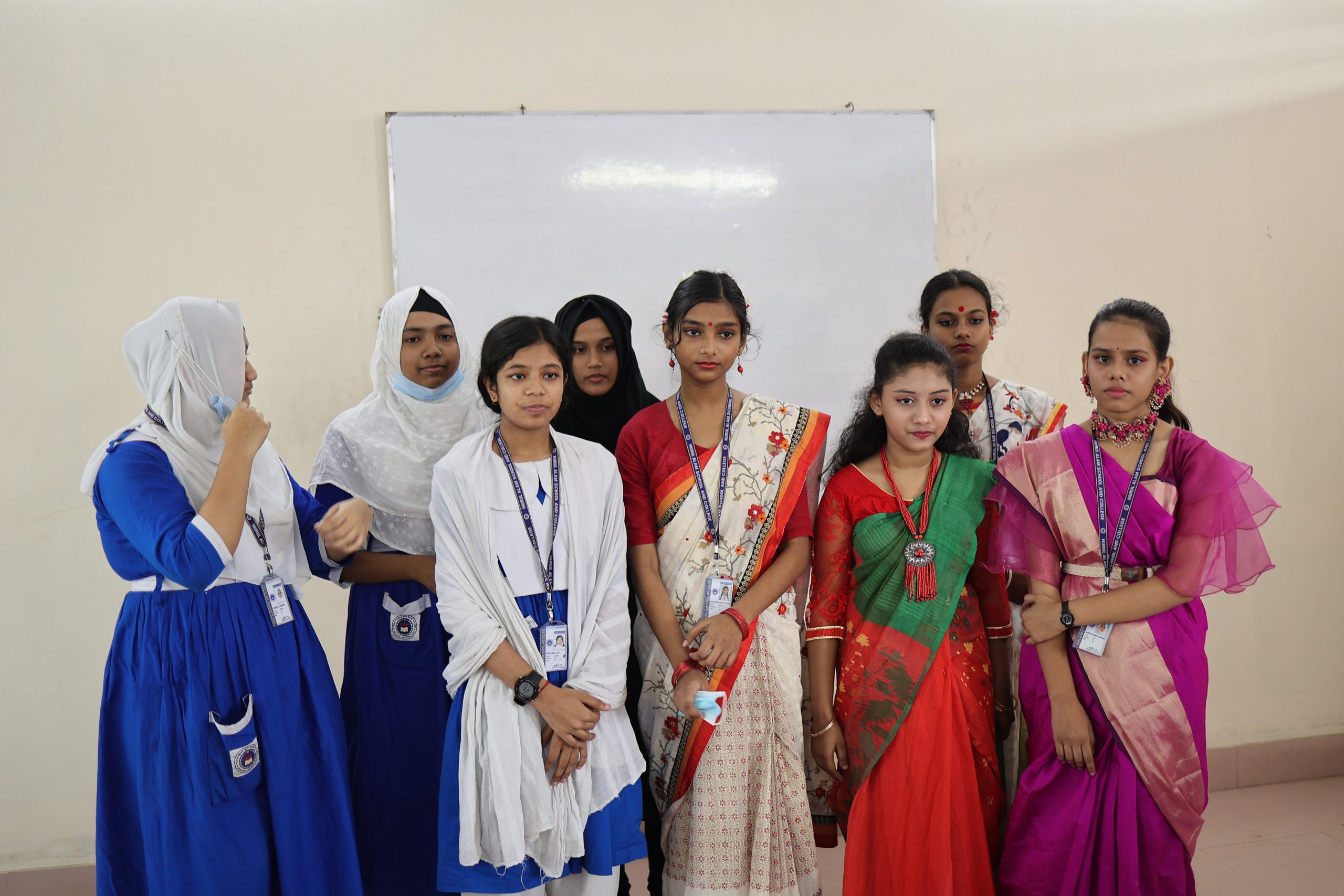
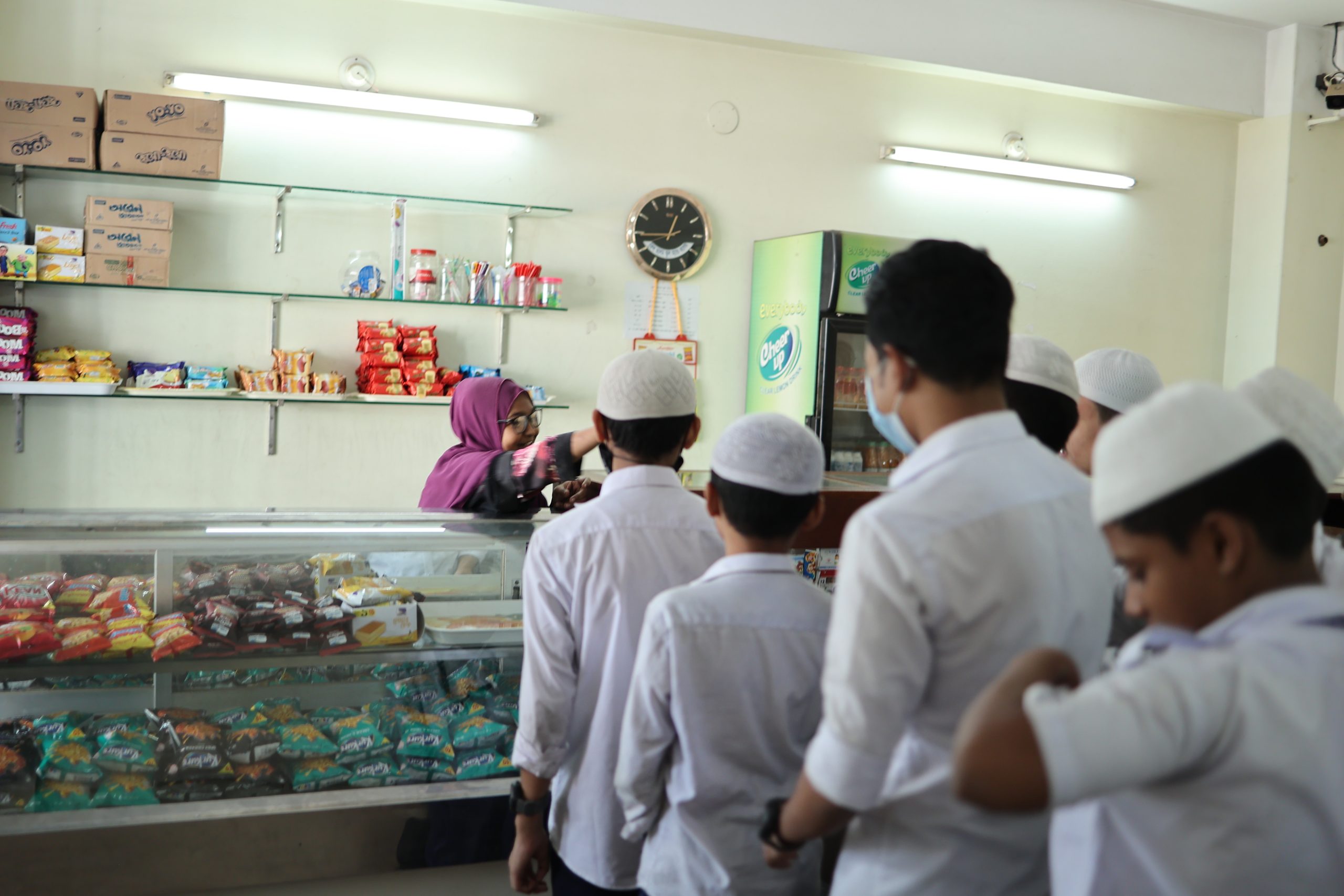
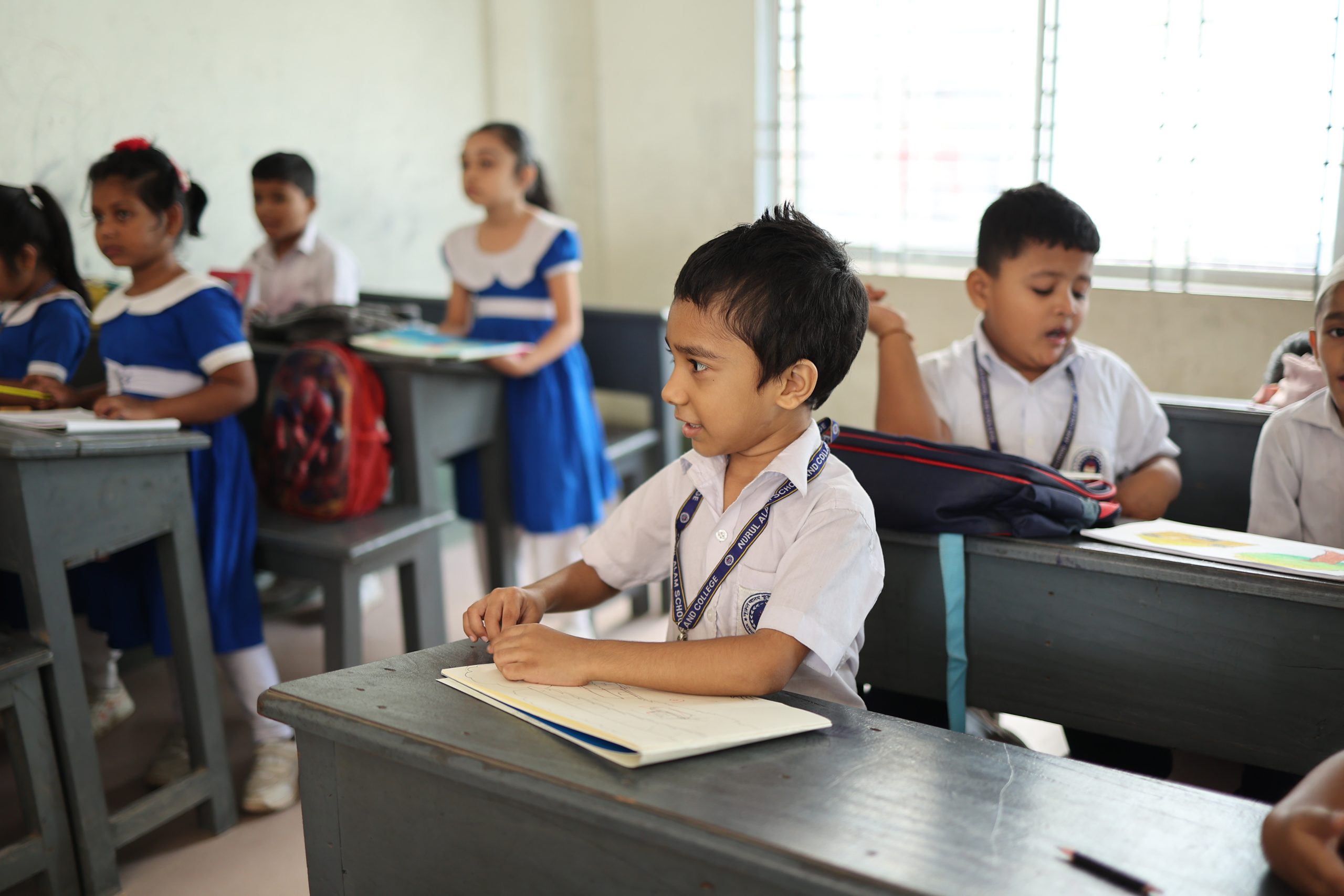
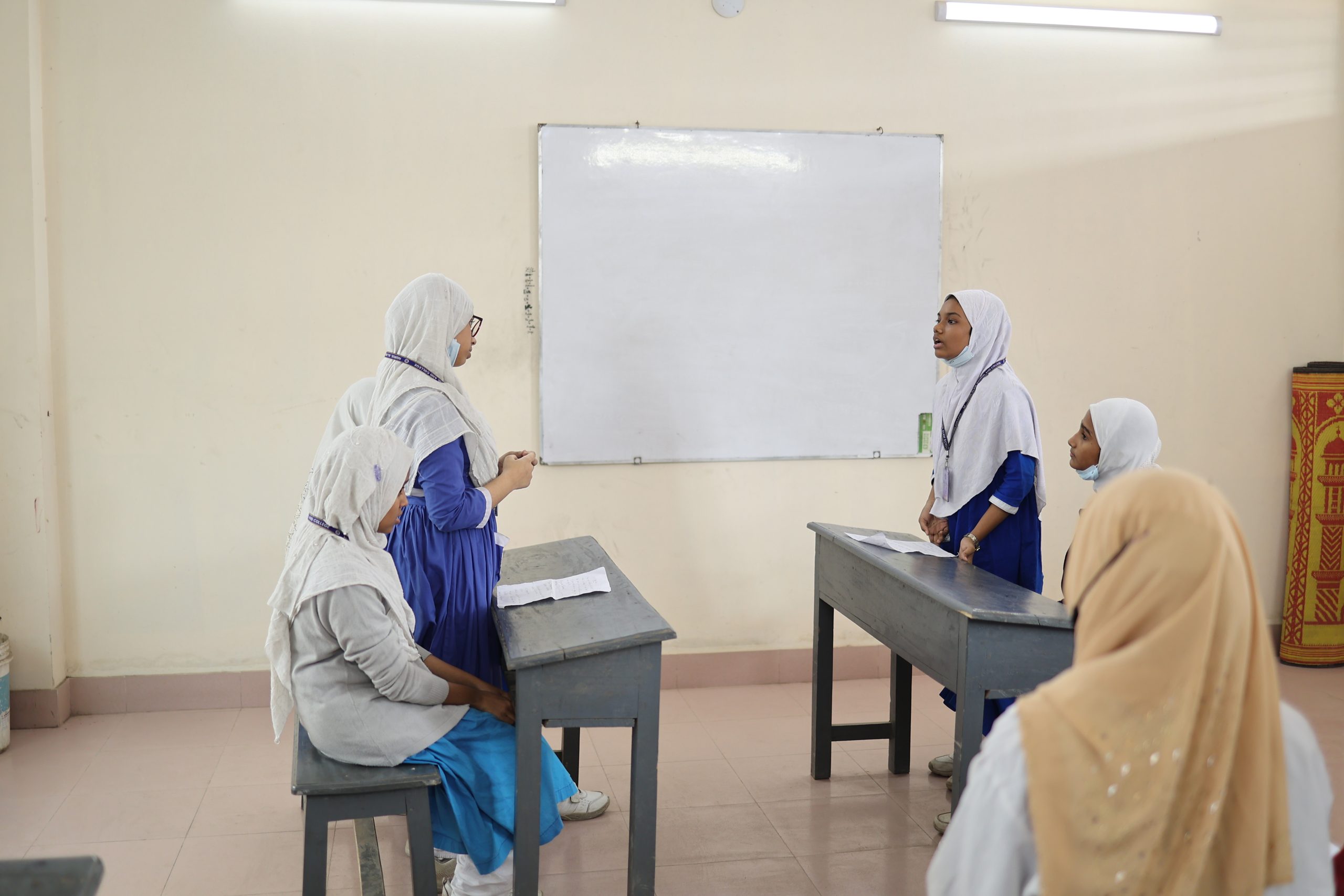
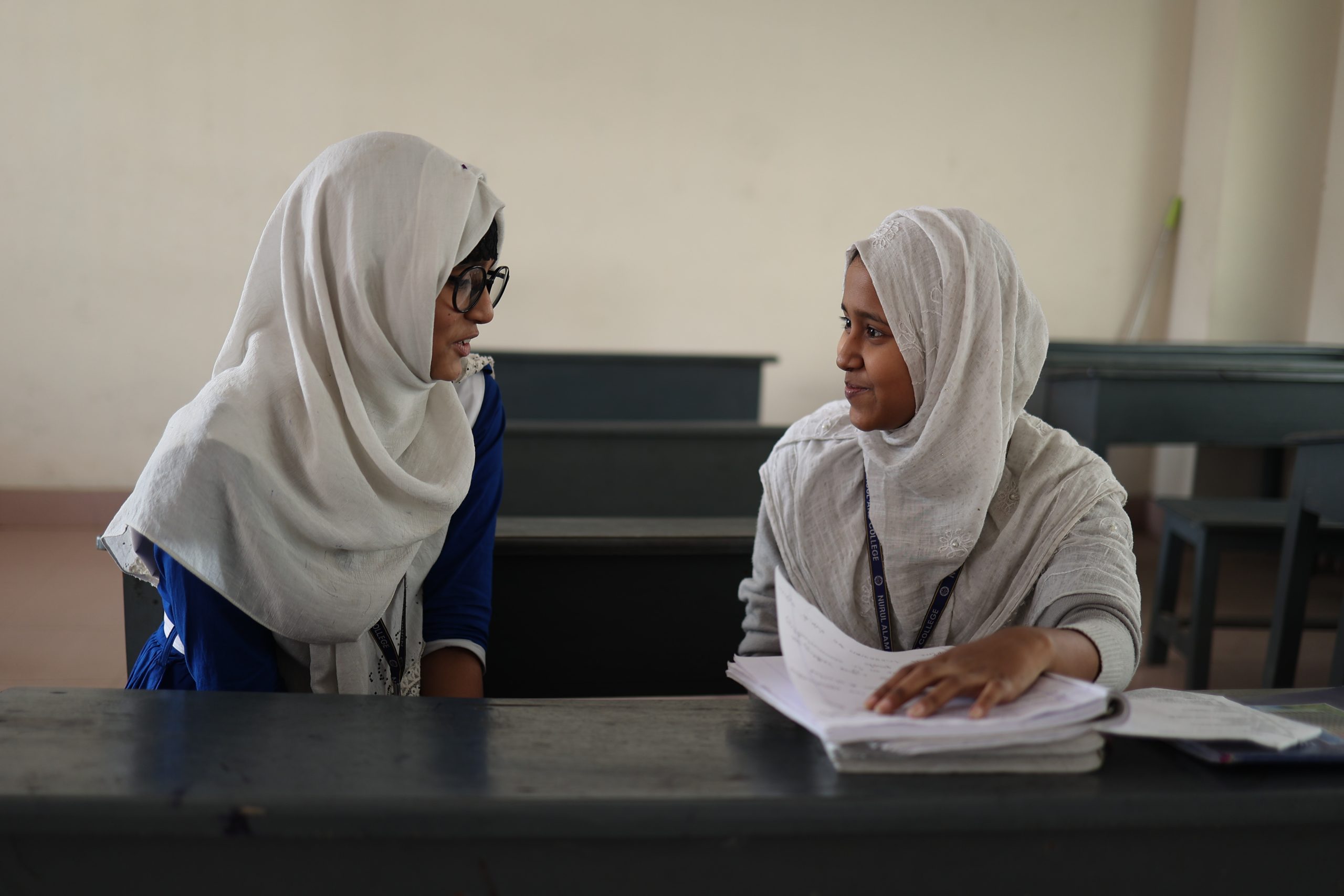
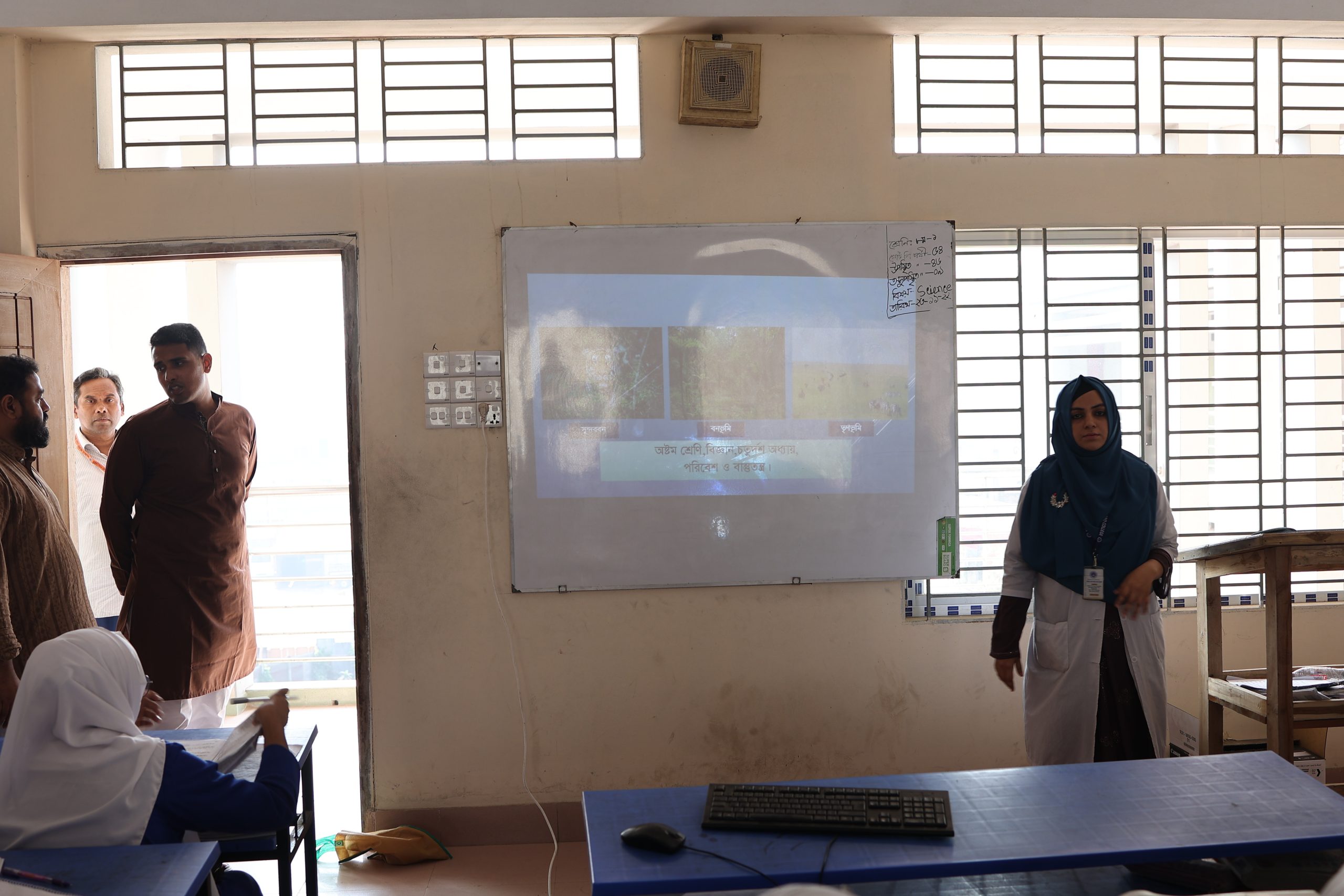
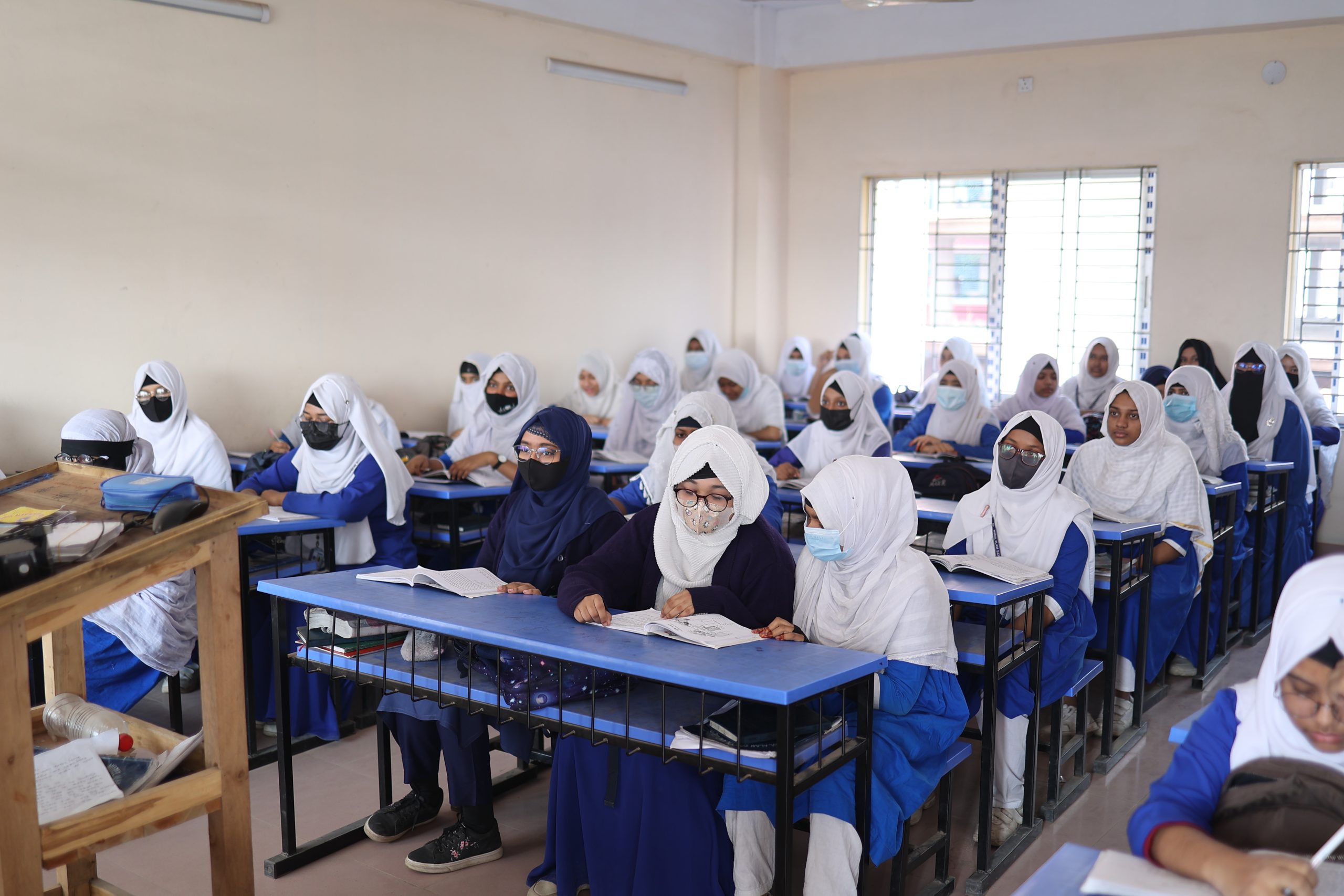
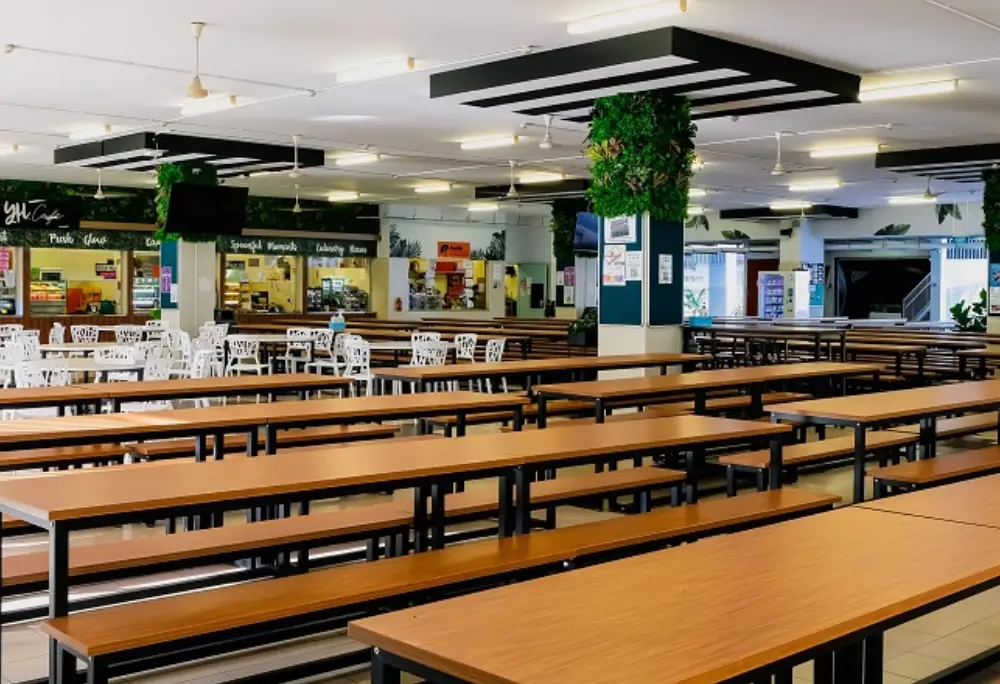
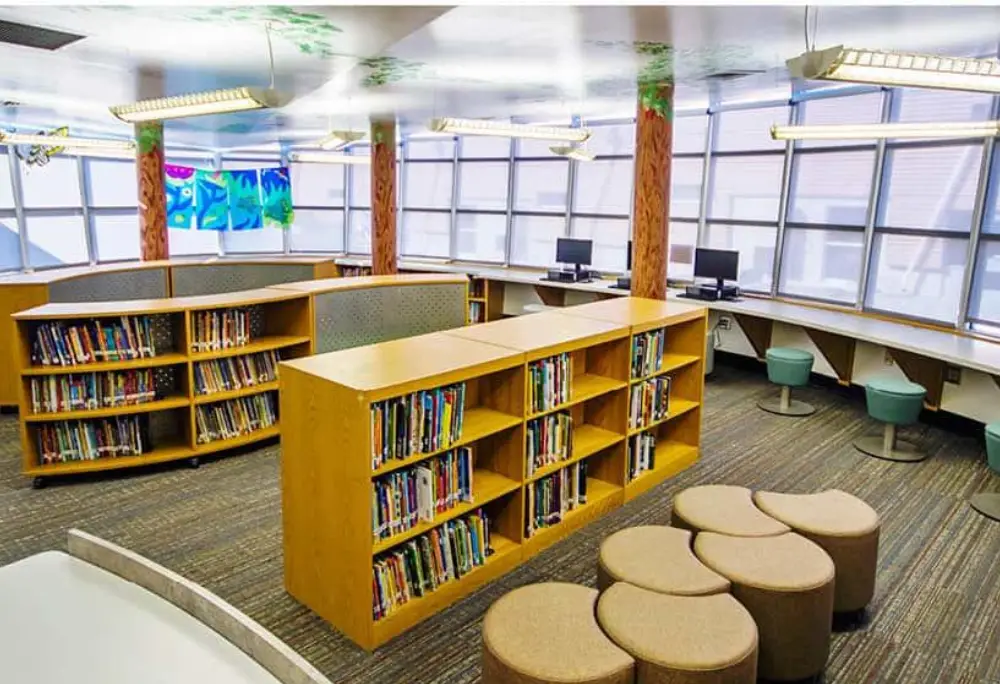
- Students Category during Counselling
| Stage | Class | Age |
|---|---|---|
| Child Stage | Play to Class 3 | Age 4-8 years |
| Primary stage | Class 4-5 | Age 9-11 years |
| Lower secondary | Class 6-7 | Age 12-13 |
| Secondary Stage | Class 8-10 | Age 14-16 |
- Why Student Counselling is Important
⌑ Maintain academic standards and set goals for academic success.
⌑ Develop skills to improve organization, study habits, and time management.
⌑ Work through personal problems that may affect academics or relationships.
⌑ Improve social skills.
⌑ Cope with school or community-related violence, accidents, and trauma.
⌑ Identify interests, strengths, and aptitudes through assessment.
⌑ Contorl Emotional Control.
⌑ Increase Presentation Skills.
⌑ Improved Research Skills.
⌑ Quick-Thinking.
⌑ Resolution of Conflict.
- How we do student counselling
✔ Providing instruction on psychological and social issues- School counselors might teach sex education classes, provide information to students about bullying, or offer seminars on study skills.
✔ Vocational guidance- Many school counselors help students prepare for college or select careers.
✔ Counseling- School counselors often help students mediate conflicts with their peers, teachers, or parents. Many school counselors also provide short-term counseling services to students during school hours.
✔ Early intervention- School counselors receive training about learning difficulties and psychological concerns that commonly manifest in children and adolescents. They may also provide referrals, recommendations, and education to parents about mental health concerns.
✔ Special needs services- Counselors often help special needs students integrate into classrooms and may oversee programs that address requirements for students with special needs or learning difficulties.

